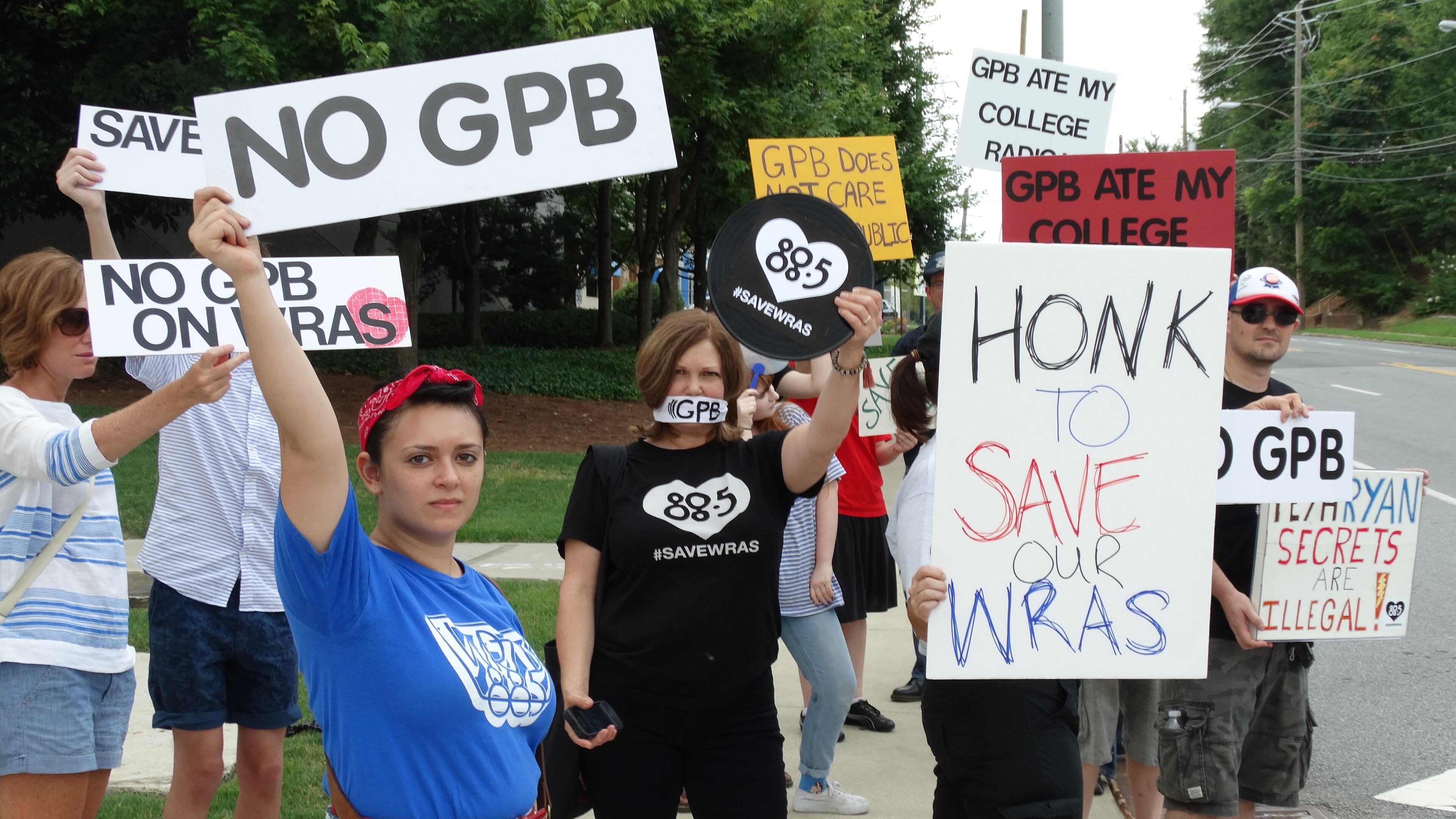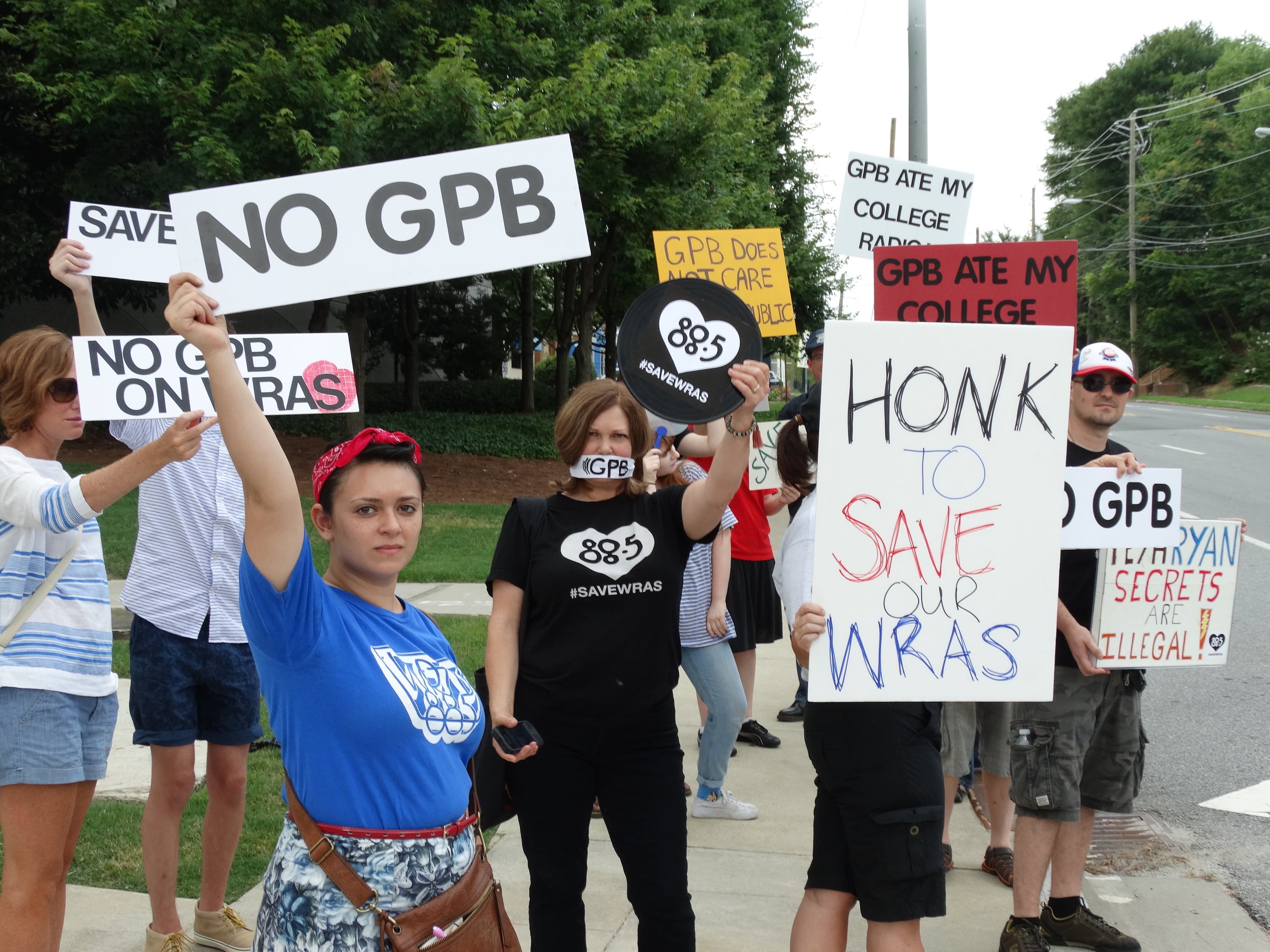WRAS students say GSU violated student funding rules with GPB takeover


By RODNEY HO/ rho@ajc.com, originally filed Monday, March 16, 2015
Ten months ago, Georgia State University administration handed over 100 hours of weekly FM airtime to Georgia Public Broadcasting, blindsiding the students at 88.5/WRAS-FM.
The students and outraged alums and fans of the station couldn't stop the launch in July but have tried to blunt its impact. So far, ratings at WRAS under GPB have been modest (around a 0.4 share), a small fraction of what existing NPR station 90.1/WABE-FM has pulled in (usually a 3 share or better).
And last week, the GSU students finally fought back in a legal capacity, filing a complaint with the GSU Board of Regents.
Their argument:
GSU administrators knew that the GPB deal was forthcoming when students that oversee student funds agreed to purchase a new $670,000 transmitter and pass an operating budget. The complaint alleges GSU misappropriated students funds, giving that money budgeted for the student-run station to a third party: GPB.
"When implemented, student fees and facilities originally allocated for WRAS/Album 88 were used to purchase equipment, pay for employee time along with other expenses for the support of GPB," the complaint noted.
The students groups that oversee WRAS were kept in the dark about the GPB agreement until it was already a done deal.
They say these moves were in violation of University System of Georgia policies.
The Board of Regents does not have the power to end the contract but it could say GSU is not following proper procedures and have them draw up another contract with student input, said Lynn Medcalf, part of a fan/alumni group Save WRAS that provided support to the students. That could potentially put the entire arrangement in jeopardy since many of the students don't agree with giving up the airtime to GPB.
The students want the FM signal back 24/7 if possible. GSU could rescind its deal with GPB at any time.
As for promises of internships and a weekly student-run 30-minute show for the statewide GPB affiliates? None of the WRAS students want to intern at GPB and the 30-minute show has not come to pass.
If anything, the GPB move was a factor facilitating WABE's long-planned change to all news/talk during the day in January.
While GPB has control of WRAS's FM signal (5 a.m. to 7 p.m.), the students continue an online-only station but it's heard by only a small percentage of listeners who used to access their music on the traditional FM dial.
GSU has not responded to an inquiry about the appeal.
Previous stories about the dispute:


